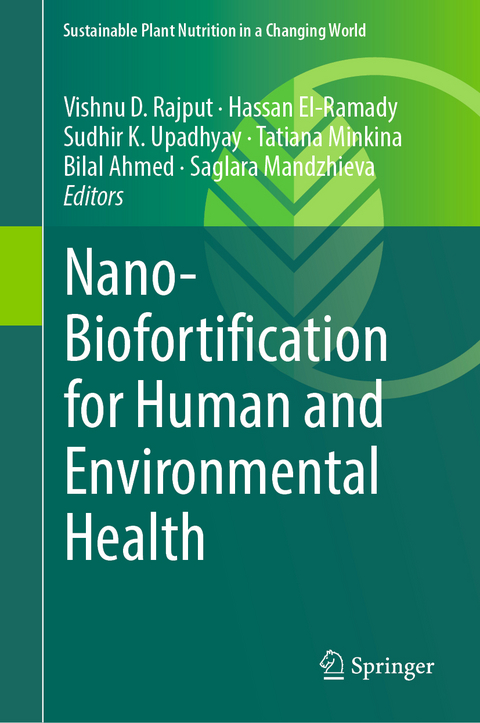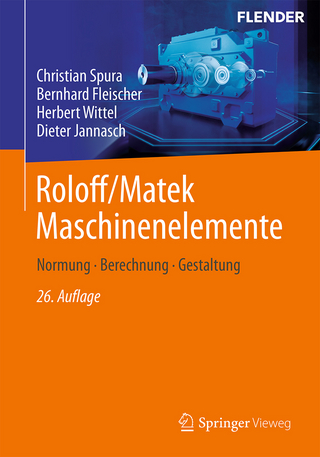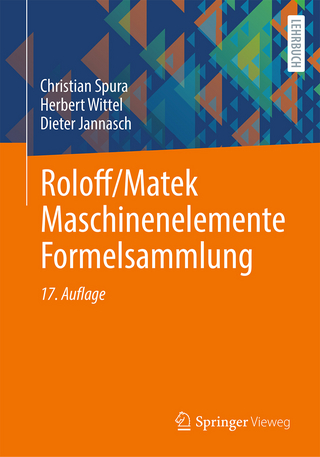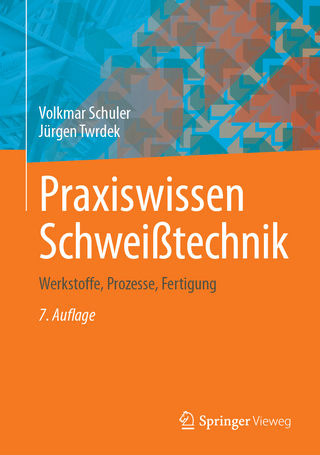
Nano-Biofortification for Human and Environmental Health
Springer International Publishing (Verlag)
978-3-031-35146-4 (ISBN)
Nanotechnology has shown great potential to alleviate increasing pressure to meet food needs for our increasing human population, Novel agricultural innovations are required to enhance the health of edible crops and per unit area yield without impacting the associated environment in a negative way. Recent advancements in nanotechnology-based agricultural solutions have proven to help overcome the problems in agriculture that are associated with run-off of essential fertilizers from agricultural soils, low nutrient accumulation by crops, as well as to control insects, pests, and seasonal biotic factors, treatment of wastewater used for irrigation, plant uptake of xenobiotics (heavy metals, pesticides, industrial chemicals, drugs, and so on) that may be present in contaminated soils. Additionally, the consumption of such food crops may result in malnourishment and plant-mediated transfer of toxic substances among humans especially in underprivileged and rural populations.
Agents to stimulate plant growth include various types of nanomaterials such as carbon nanotubes, metal, and metal-oxide nanoparticles. Applications of particular nutrients or elements in crop plants can be shown to aid human nourishment (either by directly inducing its uptake or indirectly through enhancing the intracellular levels of other associated elements that ultimately boost the synthesis of the desired nutrient in plants).
It is also important to consider the competence and fate of nanomaterials in soil ecosystems. The entry route of nanomaterials into the environment includes both natural and anthropogenic sources. In order to achieve sustainable and safe use of nanotechnological products in agriculture, similar environmental conditions must be simulated on lab scale with the careful selection of organisms related to agriculture. Thus, emphasis should be placed on the judicial use of nano-enabled products without compromising the sustainability of the environment and human health. This comprehensive book highlights recent field research as well as contributions from academicians in the lab. This book addresses the major aspects related to nanotechnology, biofortification of crops, and human and environmental health.
Dr. Vishnu D. Rajput is working as a Leading Researcher (Associate Professor), Head of 'Soil Health Lab' at Southern Federal University, Rostov-on-Don, Russia. His ongoing research is based on toxic effects of bulk- and nano-forms of metals, and investigating the bioaccumulation, bio/geo-transformations, uptake, translocation, and toxic effects of bulk- and nano-forms of metals on plant physiology, morphology, anatomy, the ultrastructure of cellular and subcellular organelles, cytomorphometric modifications, and DNA damage. He is also discovering the possible remediation approaches such using biochar/nano-biochar based sorbents and nanotechnological approaches. With long experience and experimental work, Dr. Rajput comprehensively detailed the state of research in environmental science in regard to "how nanoparticles/heavy metals interact with plants, soil, microbial community, and the larger environment as well as possible remediation technology using nanoparticles/nano-biochar. He has published (total of 370 scientific publications) 224 peer-reviewed full-length articles, 18 books (Springer, Elsevier, CRC-press, Nova-USA), 70 chapters (Scopus indexed), 44 conference articles. He is an internationally recognized reviewer, reviewed 205 manuscripts and received an Outstanding Reviewing Certificate by Elsevier, Springer & Plants-MDPI. He is an editorial board member of various high-impacted journals. He is a leader of several grants including Mega-Grant, BRICS and performer/co-PI of several national and international projects Dr. Rajput has received "Certificate for Appreciation 2019" 2021, "Certificate of Honor 2020", Diploma Award 2021 & 2022, Letter of Gratitude 2022, by Southern Federal University, Russia, for outstanding contribution in academic, creative research, and publication activities. He has also received "Highly Qualified Specialist" status by Russian government.
Prof. Dr. Hassan El-Ramady is full Prof. of Soil fertility and Plant nutrition at Kafrelsheikh Uni. His Ph.D. from Braunschweig Uni. Germany 2008. He is working mainly on the biological plant nutrition and how to overcome different problems in this field depending on the applications of nanotechnology particularly under stress. The area of scientific interest is Plant Nutrition and Soil Science, Biogeochemistry of Trace Elements in soils, and Environmental Soil Chemistry, Soil nano-remediation and nano-phytoremediation. He had several postdoctoral scholarships in Hungary, Germany, Italy (during the periods from 2012 to 2021), and attending several international Conferences like in the USA (2012 and 2014), Austria (2013), Brazil (2015), Germany (2004-2017). He shared as a member in many international societies from 2011 till now like American Society of Soil Science, German Society of Soil Science, German Society of Plant Nutrition, and member board of Egyptian Soil Science Society. Currently, he is Editor-in-Chief, Associate editor in some journal like Frontiers in Soil Science, Egyptian Journal of Soil Science (EJSS), Environment, Biodiversity and Soil Security (EBSS), beside a guest editor in some journal like Plants (Mdpi). He has peer reviewed more than 162 research or review articles for various international publication media, editor for about 200 articles, has several book chapters (30), more than 102 articles, 176 published materials. He was the lead editor of book "The Soils of Egypt", which published by Springer 2019.
Dr. Sudhir K. Upadhyay working as a Assistant Professor in the Department of Environmental Sciences, V.B.S. Purvanchal University, Jaunpur, India since 18th September 2010. Dr. Upadhyay has more than 12 years of teaching and research experience at postgraduate level. He is an erudite scholar and a diligent researcher, worked in different CSIR and ICAR Laboratories. The working areas of Dr. Upadhyay are Microbial ecology, PGPR, Plant microbe-interaction, Eco-friendly amendments for management of degr
Preface.- 1. Nano-Biofortification: Finding an Alternative Approach.- 2. Soil ecosystem services and environmental health.- 3. Malnutrition and human health.- 4. Nano-Biofortification: an environmental health overview.- 5. Phytomedicine and medicinal plants.- 6. Role of phytomedicines and medicinal plants in bacterial and viral diseases.- 7. Plant-based diets and cardiovascular health.- 8. Nano-Biofortified crop plants with selenium for human health.- 9. Biofortified crop plants with iodine for human health.- 10. Nano-Biofortified crop plants with copper for human health.- 11. Nano-Biofortified crop plants with zinc for human health.- 12. Nano-Biofortified crop plants with iron for human health.- 13. Plant leaf protein concentrate for human health.- 14. Plant secondary metabolites and human health.- 15. Plant nano-remediation and human health.- 16. Plant nano-nutrition management for human health.- 17. Physiological functions of plant nano-nutrients in human health.- 18. Nanofertilizers in Agriculture.- 19. Biofortification to Improve Micronutrient-Dense Plants.- 20. Nano-Biofortification of vegetables for nutritive values and qualitative traits.- Bibliography.- Index.
| Erscheinungsdatum | 12.08.2023 |
|---|---|
| Reihe/Serie | Sustainable Plant Nutrition in a Changing World |
| Zusatzinfo | XII, 349 p. 57 illus., 54 illus. in color. |
| Verlagsort | Cham |
| Sprache | englisch |
| Maße | 155 x 235 mm |
| Gewicht | 711 g |
| Themenwelt | Technik ► Maschinenbau |
| Schlagworte | nanoparticles • nanotechnology • Plant Nutrient Management • Soil Communication • Soil Management • Soil Pollution |
| ISBN-10 | 3-031-35146-0 / 3031351460 |
| ISBN-13 | 978-3-031-35146-4 / 9783031351464 |
| Zustand | Neuware |
| Informationen gemäß Produktsicherheitsverordnung (GPSR) | |
| Haben Sie eine Frage zum Produkt? |
aus dem Bereich


